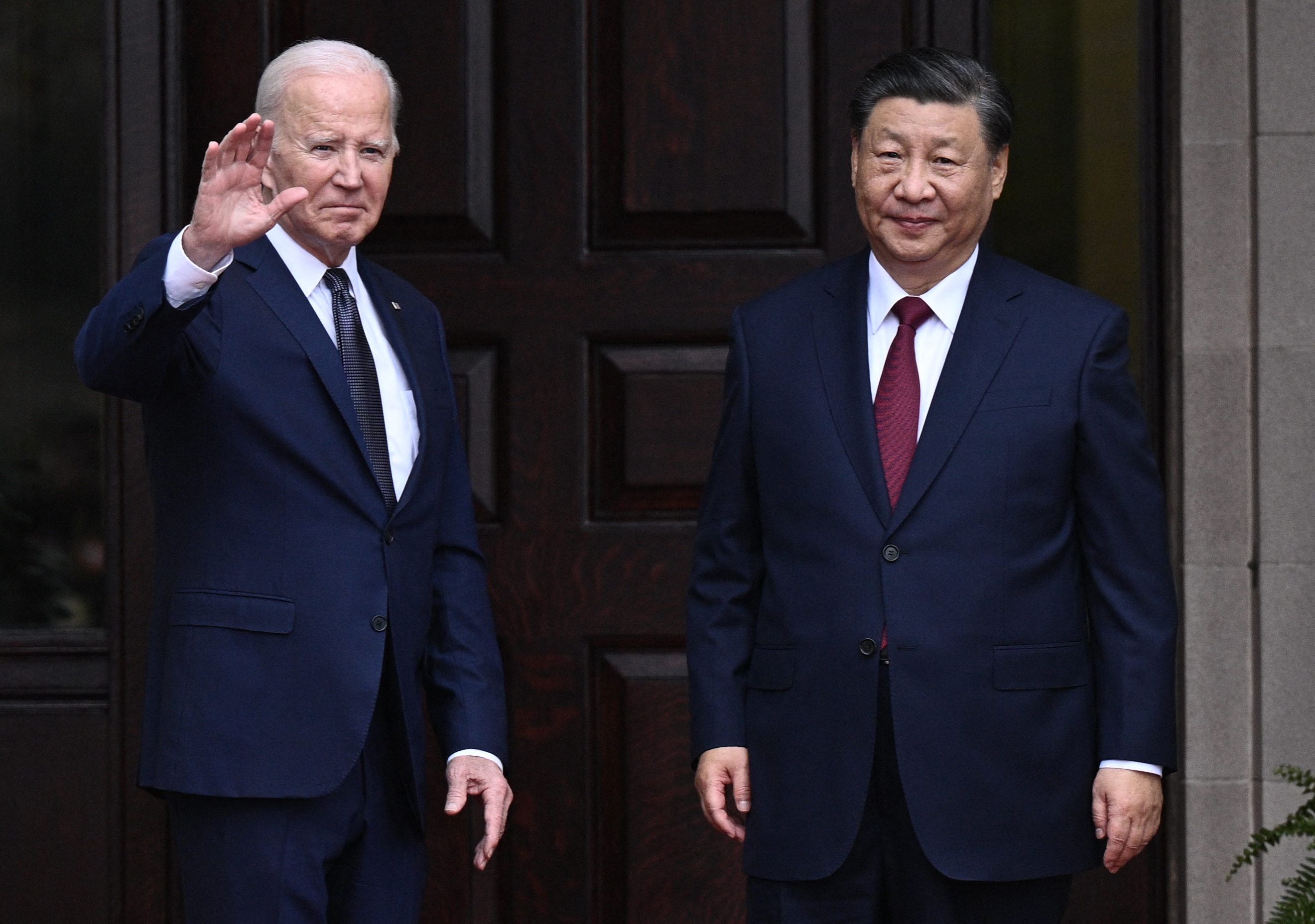
In a significant escalation of the ongoing trade war between the US and China, President Biden has announced an increase in tariffs on Chinese imports, particularly targeting electric vehicles (EVs) and semiconductors. The US is imposing new tariffs on $18 billion worth of imports from China, with the White House quadrupling EV tariffs to 100% and increasing those for semiconductors from 25% to 50%. These moves are aimed at protecting strategic sectors like EVs, steel and critical minerals. The decision comes as President Joe Biden gears up for a re-run of his 2020 contest with Republican rival Donald Trump in November, with officials criticizing Trump’s record on trade as they made the announcement. This follows a review of tariffs imposed during a trade war between Washington and Beijing, during which then president Trump introduced levies on some $300 billion in goods from China. The so-called Section 301 investigation was the primary tool the Trump administration used to justify tariffs, and the US Trade Representative is required to look into the impact of the levies after four years. Beijing has warned that these actions will severely affect relations between the two countries and expressed its strong dissatisfaction with what it calls “politicizing and instrumentalising economic and trade issues”. The Chinese government also pledged to take resolute measures to defend its own rights and interests, while the US maintains that these actions are necessary to protect American workers and businesses from unfair practices.
The increased tariffs on EVs aim to encourage the elimination of China's unfair technology transfer-related policies and practices that have burdened U.S. commerce and harmed American workers and businesses. The move is part of a broader strategy to protect U.S. industries from competitive pressures, particularly from Chinese firms that have benefited from state subsidies, although the U.S. EV industry received improved subsidies as part of the 2022 Inflation Reduction Act.
American auto industry groups have expressed concerns about the threat China's EV competition poses to U.S. domestic production, with an Alliance for American Manufacturing report describing it as an “existential threat” to the U.S. auto industry. The White House has stated that if China retaliates, they have the means and the will to defend their interests, while also working to ensure supply chains are resilient and secure.
In April, the U.S. Government warned that Chinese-made smart cars could “collect sensitive data about our citizens and our infrastructure and send this data back to the People's Republic of China.” Speaking on behalf of the Chinese Foreign Ministry, spokesperson Wang Wenbin stated that China has always opposed unilateral imposition of tariffs in violation of World Trade Organization rules and will take all necessary measures to safeguard its legitimate rights and interests. The Chinese government has not yet specified what actions they may take in response to these increased tariffs.
The US's move comes amidst ongoing tensions between the two superpowers, with both countries heavily investing in EV technology and infrastructure as they strive to dominate the rapidly growing market. As of now, it remains unclear how this latest development will impact the ongoing trade war and relations between the two nations.
Sources: 1)


